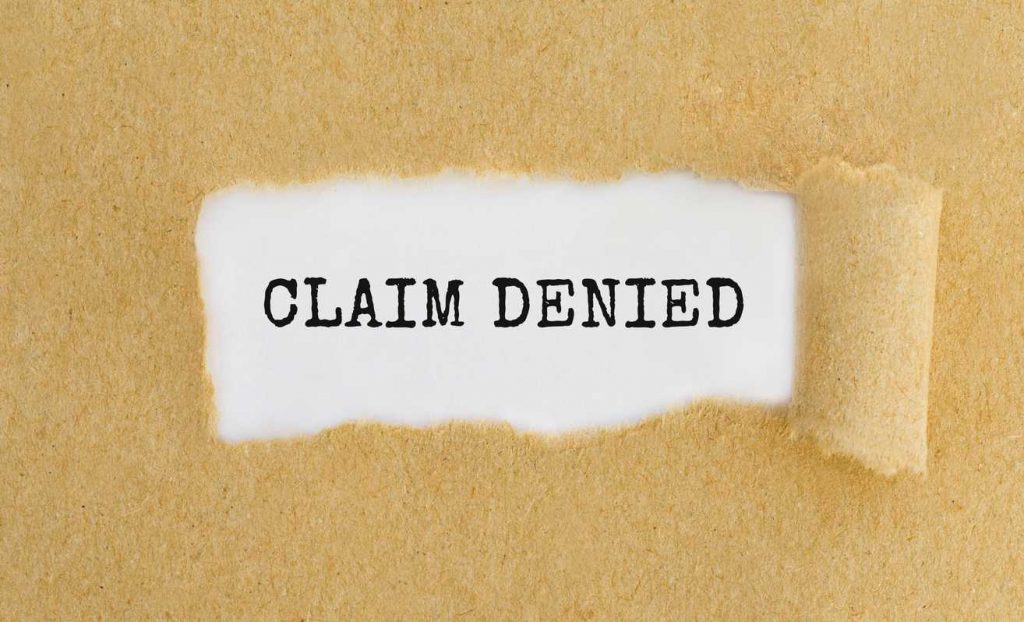Getting your workers

If you get injured on the job, you hope things will go smoothly and you’ll get your benefits as quickly as you can, and try to move on.
Unfortunately, for many injured workers, that’s not the case. Getting your workers comp claim denied may seem like the end of the story, but Missouri law specifically says you have the right to appeal that initial decision.
And this is another process altogether, where you may even have to go to a workers comp hearing. Here’s everything you need to know about it.
What the Process Looks like
If your
At this time, it’s likely you and the insurance company will start negotiating a settlement with the help of a third party, but if you don’t get anywhere, then you move on to the next step, which is the hearing.
Here, you will present your case in front of a judge assigned to your case. It will be in your best interests to work with an experienced workers compensation lawyer to prepare for your hearing, particularly since the insurance company will most likely have legal representation present.
For the judge to be able to rule on your case, you’ll have to come with sufficient evidence to back up your story and prove the claim dismissal was unfair. Depending on your situation, evidence may include:
- Medical records
- Medical bills
- Evidence of lost wages
- Video or photos of the accident or your injuries
- Witness testimony
- Expert witness testimony
- Other documents that are relevant to your case
You May Have to Testify
Your testimony may be required during a workers comp hearing. This gives the chance for you to tell the judge your story and let them know exactly how the accident has impacted your life.
At the same time, it also gives the other side a chance to poke holes in your story. If you work with an experienced attorney, they can prepare you for cross-examination (the questions from the other lawyer).
It’s difficult to predict exactly what the other lawyers will ask you, but yours will generally make the following recommendations for your testimony:
- Always tell the truth
- Don’t give additional details if they are not included in the question
- Don’t be afraid to say you don’t know or remember something
The questions you are asked should only be relevant to the case at hand, but the other lawyer may try to push that line to catch you off guard. Fortunately, your lawyer has the right to object to certain lines of questioning.
If your claim gets rejected, contact an experienced attorney to see if you have cause for an appeal. They can also represent you during the official hearings. Give us a call 24/7 at (816) 399-3706 for a FREE case evaluation.

1 thought on “What Happens If My Workers Compensation Claim Is Denied?”